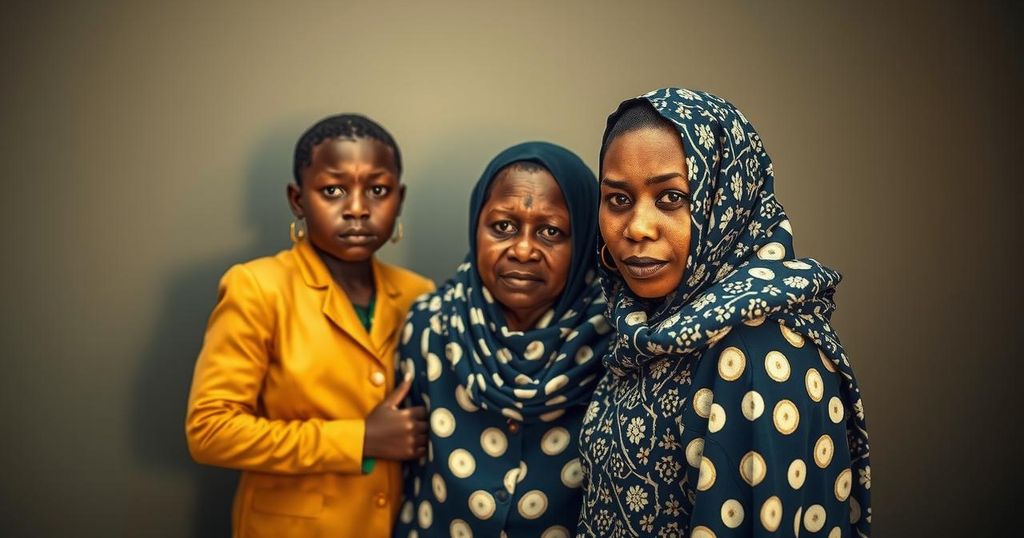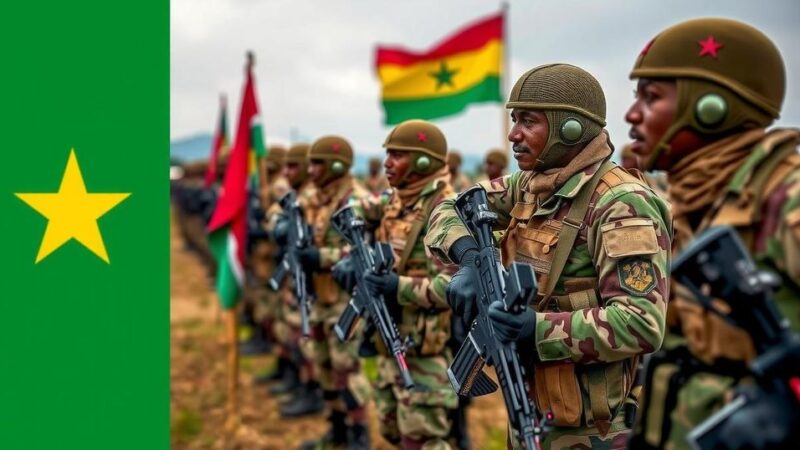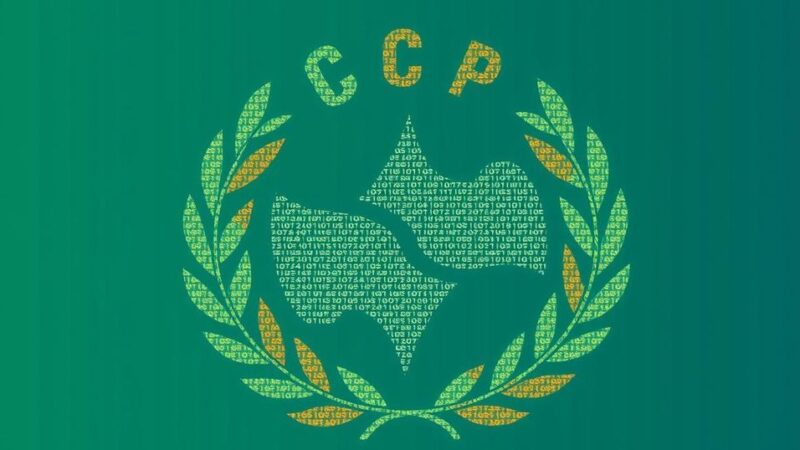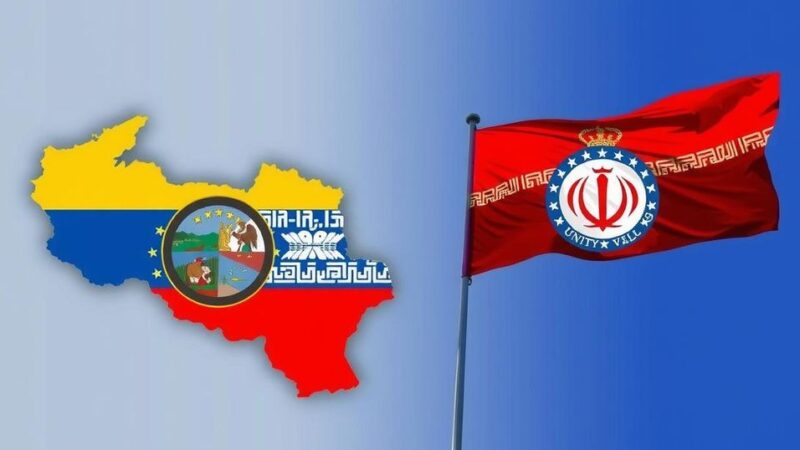A recent report by Human Rights Watch reveals that Sudanese refugees in Ethiopia’s Amhara region are at severe risk due to escalating violence from conflicts between Ethiopian military forces and local Fano militias. The report highlights numerous incidents of abuse, forced labor, and inadequate protection for these refugees, who have already fled significant violence in Sudan. The call for international intervention and accountability from the Ethiopian government remains urgent.
Sudanese refugees residing in Ethiopia’s Amhara region face alarming risks amid escalating violence from ongoing conflicts between Ethiopian military forces and local Fano militias. A recent report by Human Rights Watch (HRW) highlights various human rights abuses affecting these individuals, who have already fled severe hardships in Sudan. The report documents incidents from April 2023 to September 2024 and underscores the urgent need for protection of these vulnerable populations. Laetitia Bader, the deputy Africa director at HRW, stated, “Sudanese refugees in Ethiopia have been the target of abuses for more than a year by various armed actors. These refugees fled horrific abuses at home and urgently need protection, not further threats to their lives.” The Amhara region, particularly around the Awlala and Kumer camps, has long been characterized by tensions, particularly between the Amhara and Qemant communities, but has deteriorated sharply since conflict erupted with the Fano militia in August 2023, resulting in numerous reported incidents of violence, robbery, abduction, and fatalities among the refugee population. Refugees have recounted harrowing experiences indicative of the pervasive insecurity in these camps. One individual described being threatened and robbed, stating, “They asked me about my telephones, money. [They warned that] if I said no, they would shoot me. I gave them my phone. They still shot into my tent. My children were afraid.” The precarious safety of these camps was further underscored by mass protests in August 2023, where thousands demonstrated against inadequate food and medical support, calling for protection from local militia attacks. However, rather than receiving the necessary aid, many were met with aggression from Ethiopian security forces and later faced attacks from armed groups. Notably, HRW reported incidents of forced labor, with refugees reportedly coerced into working on local farms under threat of violence. The situation worsened in July 2024, when the UNHCR was compelled to close the Awlala and Kumer camps due to security concerns, relocating refugees to less secure facilities with still minimal support. Ethiopia’s Refugees and Returnees Service has denied allegations of coercive relocations but HRW continues to call for the Ethiopian government to reconsider its obligations to ensure the safety and well-being of refugees within its borders. As noted in the HRW report, which is titled ‘Ethiopia: Fighting, Abuses Putting Sudanese Refugees at Risk,’ Ethiopia has seen an influx of over 90,000 Sudanese refugees since the conflict began in Sudan, further emphasizing the dire need for concerted international support and intervention.
This article addresses the urgent challenges faced by Sudanese refugees in Ethiopia, specifically in the Amhara region, during an ongoing conflict between Ethiopian national forces and the Fano militia. The conflict has exacerbated vulnerabilities for refugees who have fled their war-torn country, adding layers of violence, insecurity, and human rights abuses to their plight. As a key humanitarian issue that stems from both regional instability and conflicts within Sudan, understanding the historical context and the interactions between local communities and refugees provides insight into the nuances of their crisis.
In summary, the situation for Sudanese refugees in Ethiopia remains precarious, characterized by violence and human rights abuses exacerbated by ongoing conflict in the region. Human Rights Watch has highlighted that these individuals, who fled hardship and violence in Sudan, continue to face severe risks in Ethiopia. The need for urgent protective measures and humanitarian assistance is critical, as is the obligation of the Ethiopian government to safeguard the rights and well-being of these vulnerable populations.
Original Source: www.dabangasudan.org






